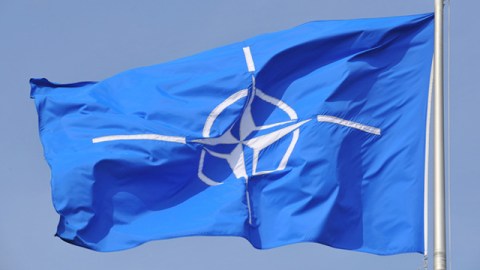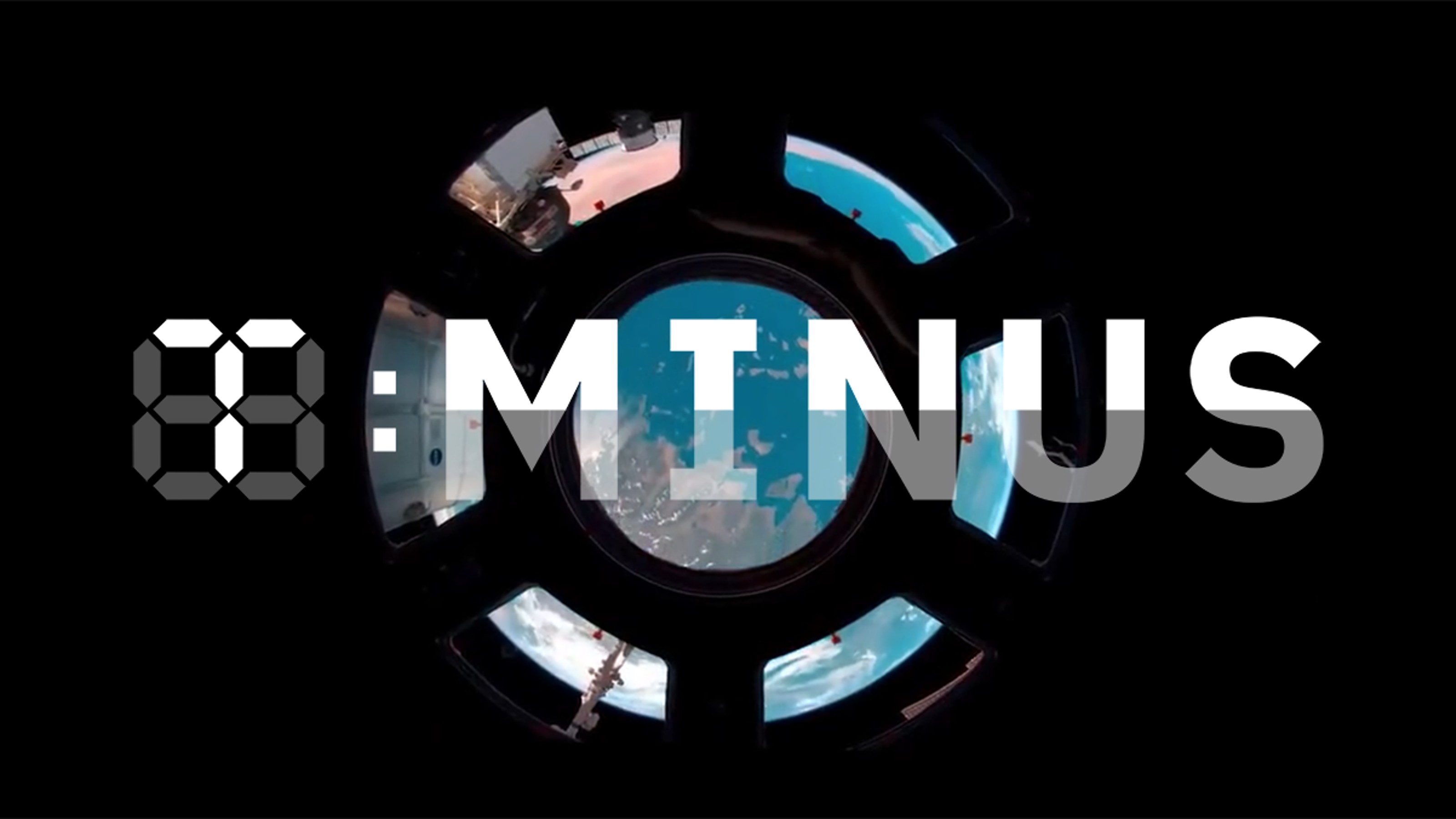#26: Disband NATO

It’s been over 20 years since the Berlin Wall fell, yet the North Atlantic Treaty Alliance (NATO), a military group which was originally created to defend Western Europe from Russia, continues to exist, with 28 member states pledged to collectively defend one another in the face of outside aggression.
MIT linguist and political activist Noam Chomsky thinks it’s time to disband the organization, which he believes is now an “international intervention force” that only exists to project U.S. military power on the other side of the globe.
“The official purpose of NATO was to defend Europe from the Russian hordes,” Chomsky told Big Think. “With the Russian hordes gone, it should therefore have disbanded. Interestingly, that was not even seriously proposed. Rather, NATO at once expanded to the East, in violation of pledges to Mikhail Gorbachev. … And since then its mission has expanded worldwide, serving as a U.S. intervention force, and to secure the global energy system on which the West relies.”
In a 2009 video interview with Democracy Now!, Chomsky detailed how a succession of U.S. presidents has expanded NATO eastward, despite these assurances to Gorbachev: “Now we have to have a huge military establishment and military budget, and not to protect ourselves from the Russians, who are collapsing, but because—literally, because of the technological sophistication of third world powers,” said Chomsky in the interview. He derided the idea that Third World technology could warrant NATO’s continuing existence, and worried that the organization’s push to expand is part of an energy grab.
Congressman Ron Paul (R-Tex.), another voice in favor of disbanding NATO, told the U.S. House of Representatives in 2008 that the only gains from NATO’s expansion would be for the U.S. military industrial complex—which would profit from arms sales to new members. He also warned that providing U.S. military guarantees to Eastern European republics would only further strain our military: “This NATO expansion may well involve the U.S. military in conflicts as unrelated to our national interest as the breakaway regions of South Ossetia and Abkhazia in Georgia,” said Paul in a statement. “The idea that American troops might be forced to fight and die to prevent a small section of Georgia from seceding is absurd and disturbing. … NATO should be disbanded, not expanded.”
Takeaway
NATO’s first Secretary General, Lord Ismay famously said after the organization was formed in 1949 that its purpose was to “keep the Russians out, the Americans in, and the Germans down.” In a post-Cold War world, these goals are long gone and the organization’s annual budget of over $2.5 billion simply goes toward asserting U.S. military power in Europe and securing our energy interests, says Chomsky.
Why We Should Reject This
Alain Deletroz, the vice president of the International Crisis Group, a non-profit, non-governmental organization committed to preventing and resolving deadly conflict, calls it a paradox that some in the West should want to disband NATO right at the moment that the organization has become so attractive to former Warsaw Pact members. He says NATO has “splendidly served two very important goals: a) to protect western Europe during the Cold War; b) to help stabilize the continent after it was over.”
Deletroz admits that NATO needs to redefine its mission, and suggests the organization should open its doors to Russia, saying “NATO membership has proved a powerful tool for military and political reforms in all new member states and if Russia wants to join the alliance it will have to reform its armed forces and set upon them a system of real democratic control.”
He believes NATO can continue to be vital as “a military alliance that can play a crucial role in deploying quickly where needed to prevent conflicts or keep peace, with common criteria of engagements among member states.”
More Resources
— North Atlantic Treaty Organization homepage.
— The International Crisis Group homepage.
— Noam Chomsky’s Web site.





